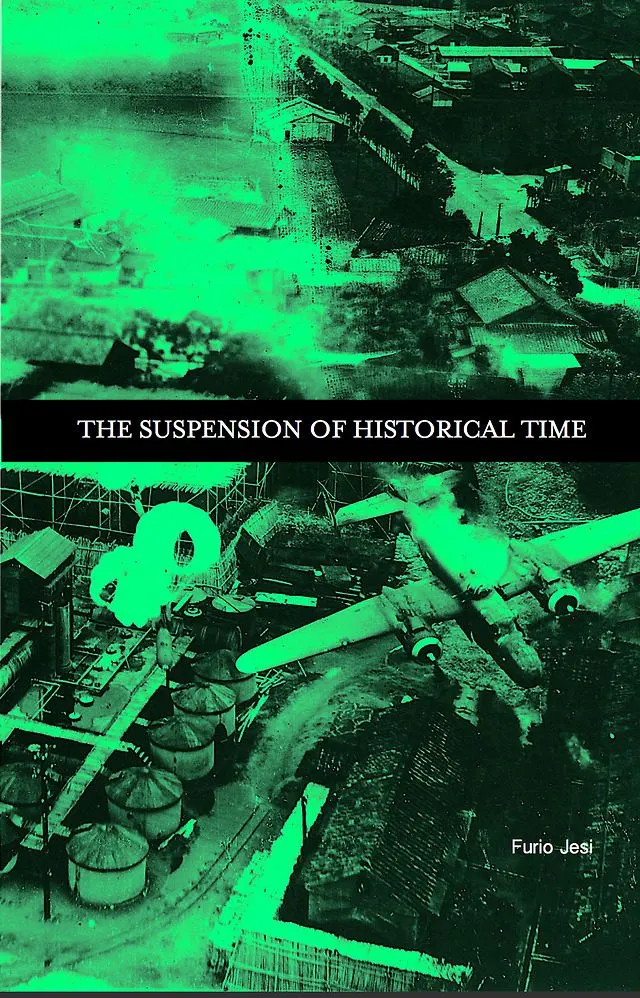
The Suspension of Historical Time
Furio Jesi
“The Suspension of Historical Time” is the second chapter of Furio Jesi’s 1969 book, Spartakus: The Symbology of Revolt, on the experience of time and mythic epiphany in the Spartacist armed revolt of 1919 in Berlin. Written in the immediate aftermath of May ‘68 (in which Jesi participated), the manuscript was only discovered and published in 2000, twenty years after his premature death. As unclassifiable as it is lyrically beautiful, the book attempts to show the positivity and objectivity of the phenomenon of insurrection. Its later chapters (particularly “The Symbols of Power”) contain valuable strategic reflections on myth, dehumanization, and the trap of falling into a symbolic understanding of our enemies’ power, which remain as pertinent today as they were in 1969.
“You can love a city, you can recognize its houses and its streets in your remotest or dearest memories; but only in the hour of revolt is the city really felt as your own city—your own, because it belongs to the I but at the same time to the ‘others’; your own because it is a battlefield that you have chosen and the collectivity too has chosen; your own because it is a circumscribed space in which historical time is suspended and in which every act is valuable in and of itself, in its absolutely immediate consequences. One appropriates a city by fleeing or advancing, charging and being charged, much more than by playing as a child in its streets or strolling through it with a girl. In the hour of revolt, one is no longer alone in the city.”